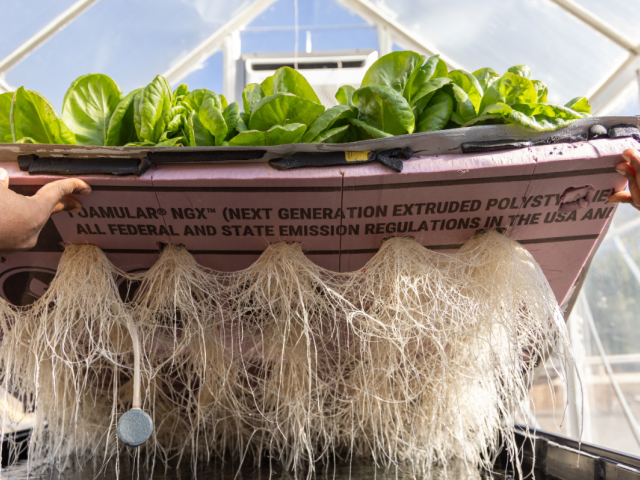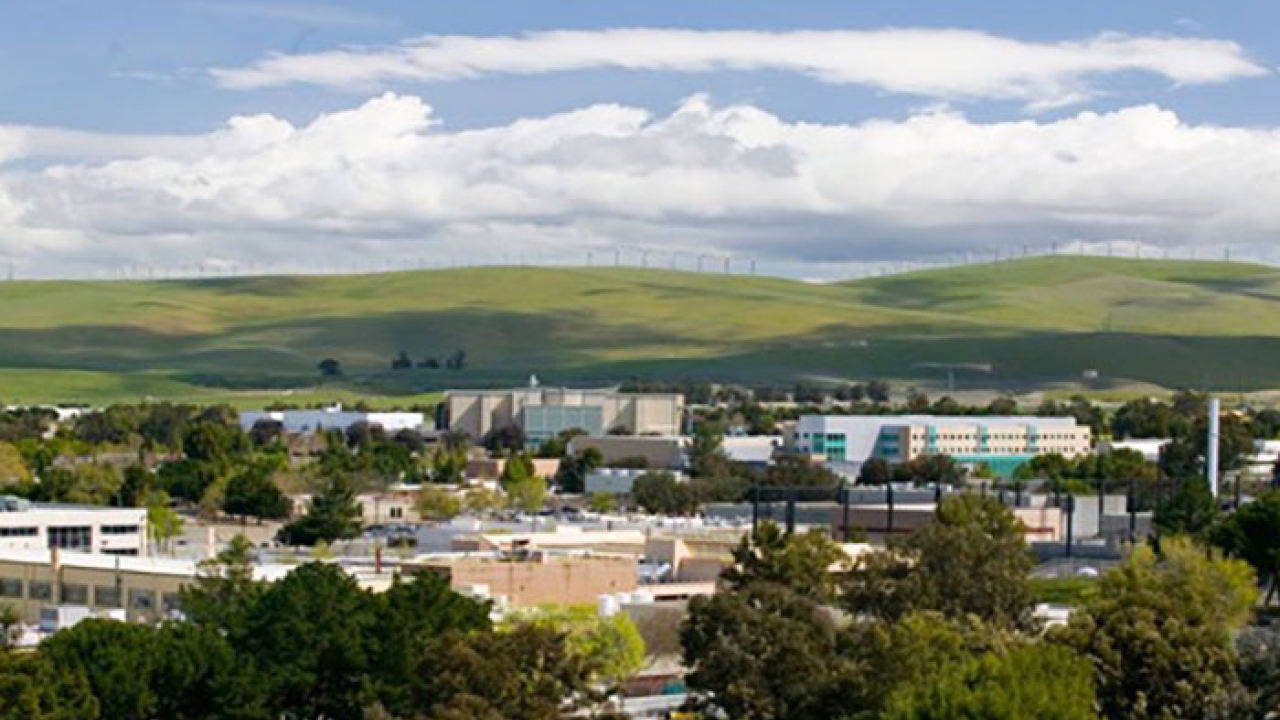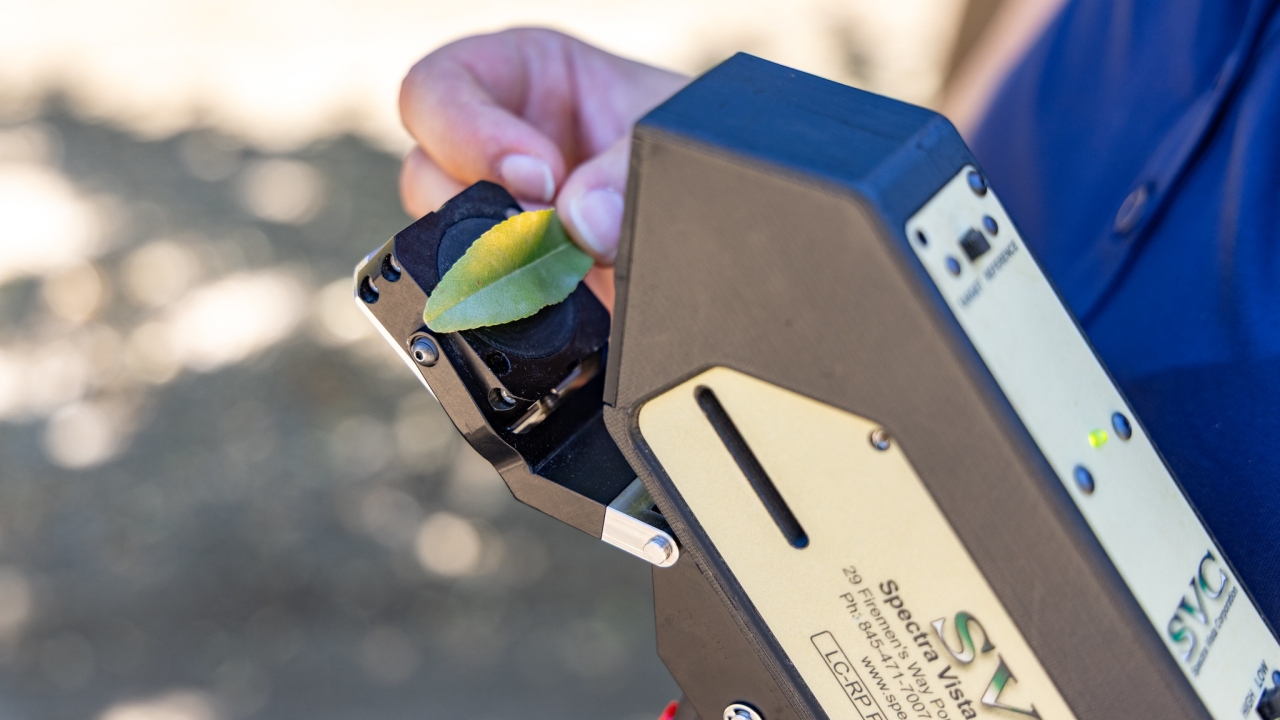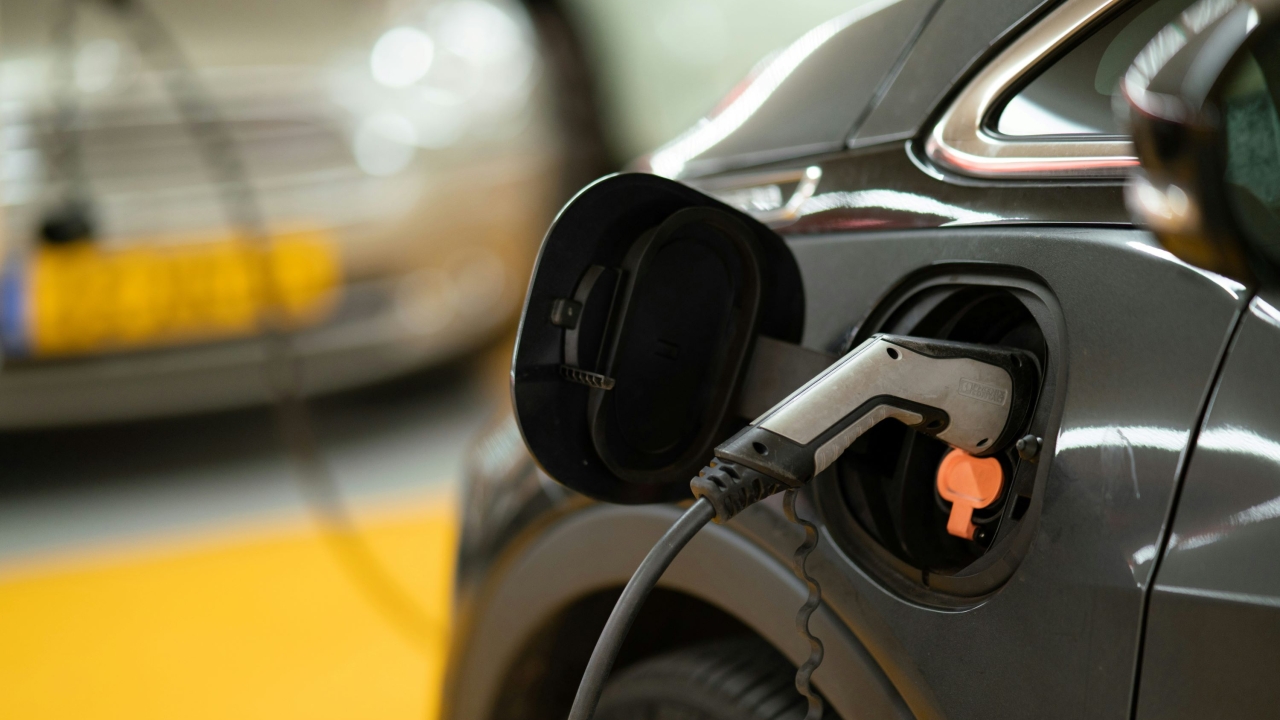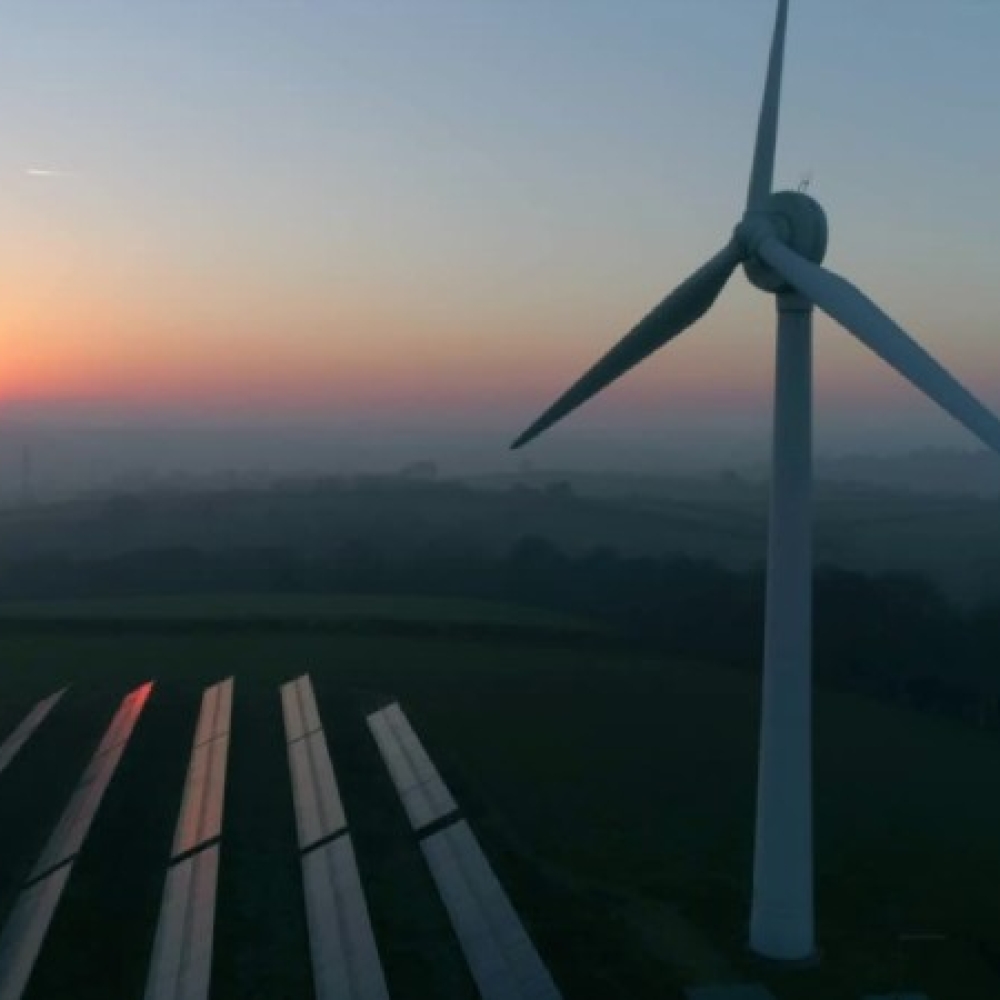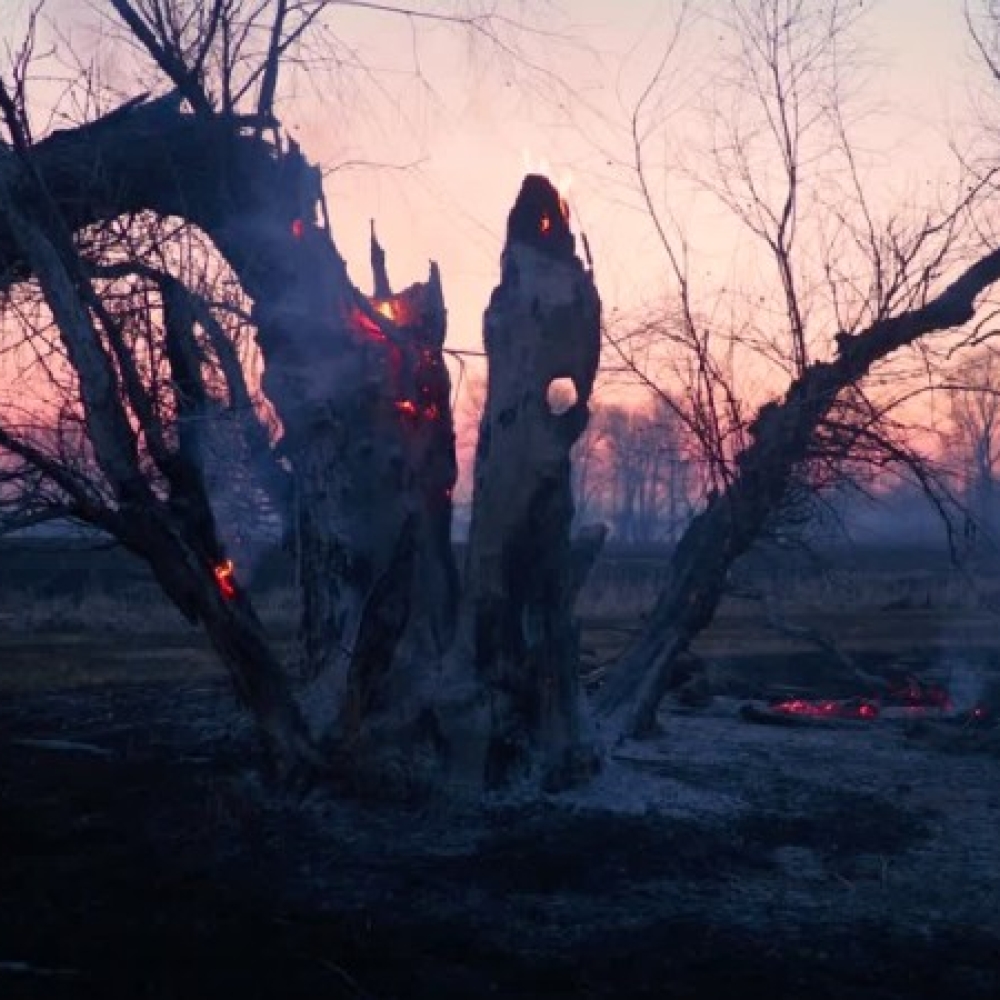We advance human, infrastructure and ecosystem resilience in the face of potentially devastating climate impacts by developing and implementing leading-edge technologies and engineering approaches.
From droughts to flooding, heatwaves and wildfires, the need to adapt and strengthen community resilience to the impacts of climate change is critical and immediate. By developing solutions such as safer water systems, more robust fire-resistant materials, optimized irrigation and novel cooling systems, we’re engineering better ways to protect communities.
Rooted in Water, Rooted in Change
Assistant Professor of Biological and Agricultural Engineering Shamim Ahamed leads a technical assistance and educational effort for the soilless approach to agriculture in the Golden State. The method lets farmers get more out of their water and put less pressure on the state water budget.
Research in Action
UC Davis Office of Research Selects Chemical Engineering Faculty for Fellows Program
Team Develops AI Tool to Measure Real-Time Crop Health from the Field
EPA Removal of Vehicle Emissions Limits Won’t Stop Shift to Electric Vehicles, but Will Make it Harder, Slower and More Expensive
Harnessing UC Davis’ Power of Collaboration
Strengthening Climate Resilience
- The university’s College of Agricultural and Environmental Sciences is ranked #1 in the U.S. and #2 in the world for agricultural sciences and forestry, conducting research and teaching across 2,300 acres
- The Artificial Intelligence Institute for Next Generation Food Systems brings together more than 40 researchers from six institutions to advance the latest breakthroughs in artificial intelligence and collaborate with the food and agriculture industries
- The Center for Watershed Sciences is California’s leading academic institute in water management, combining the talents of biologists, geologists, engineers, legal scholars and others to help understand and solve California’s complex water problems
Engineering a better world calls for solutions of a different caliber, demanding innovation across disciplines using a design-centric approach.
We employ and develop intelligent systems and automation, tools at the nano-and-micro- scales and engineering for all that will revolutionize energy systems, strengthen climate resilience, advance human health and transform mobility to bring a sustainable, healthier and more resilient world within reach.


